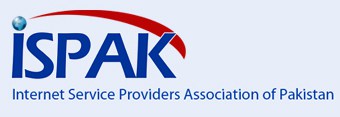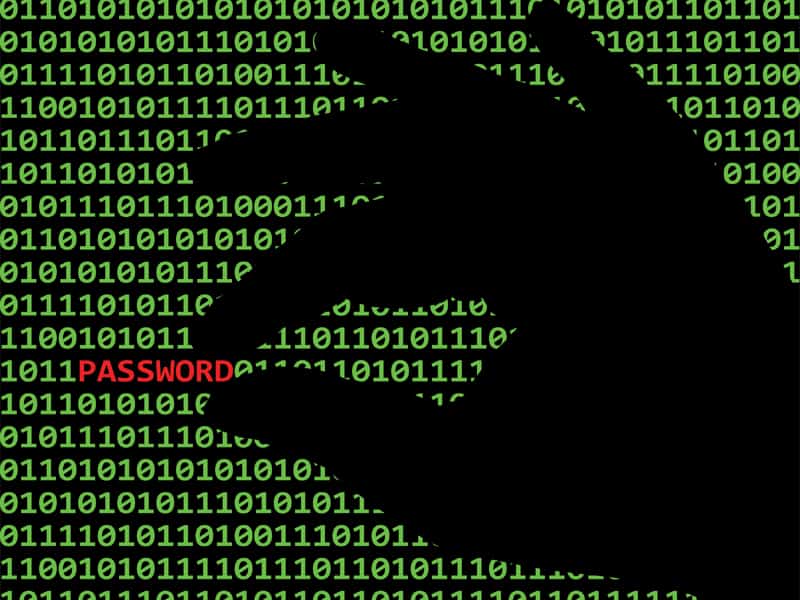If the parliament approves the “controversial” bill, then on the one hand white-hat (ethical) hackers and bored teenagers venturing into the illegal activity can end up in jail, and on the other, the officials investigating electronic crimes will be granted omnipotence with no checks and balances whatsoever on their actions.
The parliamentary panel was supposed to deliberate on the bill on Thursday, but majority of the members did not care to turn up to the meeting. This paved the way for the Pakistan Muslim League-Nawaz (PML-N) legislators to grill all the critics of the bill, which include the media, internet service providers, non-governmental organisations and civil society.

Anusha Rahman, Minister of State for Information Technology & Telecom, told The Express Tribune that the perception that the legislation was not transparent or that there wasn’t much consultation behind it was wrong. “Safeguards have been ensured against any possible misuse. There is no substance in the criticism on the legislation.” She said that once the legislation is passed, Pakistan would succeed in winning over Google to launch a localised version of the video-sharing website YouTube.
Farieha Aziz, Director of not-for-profit Bolo Bhi, disagrees. “The draft bill in its current form will seriously impact the internet users, ICT (information and communications technology) industry, print and electronic media, academics, researchers, legal community and ordinary citizens – particularly the educated youth.”
PML-N MNAs, however, were all praise for the bill. Tallal Chaudry said: “We should trust in our institutions that they will not misuse this new legislation.” Capt (retd) Mohammad Safdar took a different course: “There is no concept of freedom except which is defined in the Holy Quran and Sunnah.” As for Maj (retd) Tahir Iqbal, he said the legislation was perfect. “Only one out of 100 officers would misuse this law.”
The only legislator in the meeting who did not belong to the PML-N was Ali Raza Abidi of the MQM. He raised a few objections regarding various sections of the proposed legislation, but the PML-N members seemed to be in a hurry to approve the draft bill.
Under the bill, political criticism and political expression in the form of analysis, commentary, blogs, cartoons, caricatures, memes, etc have been criminalised; white-hat hackers, hobbyists, people who hack for academic purposes to identify security flaws in systems, or teenagers who, albeit wrongly, deface websites for recreation could end up getting convicted as cyber terrorists.
The committee believes that in its current form, the draft bill would not counter crime or terrorism. Moreover, it feels that by removing checks and balances on investigation agencies, the authorities would be granted omnipotence.


